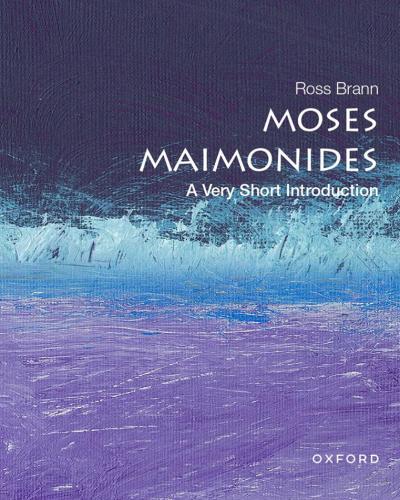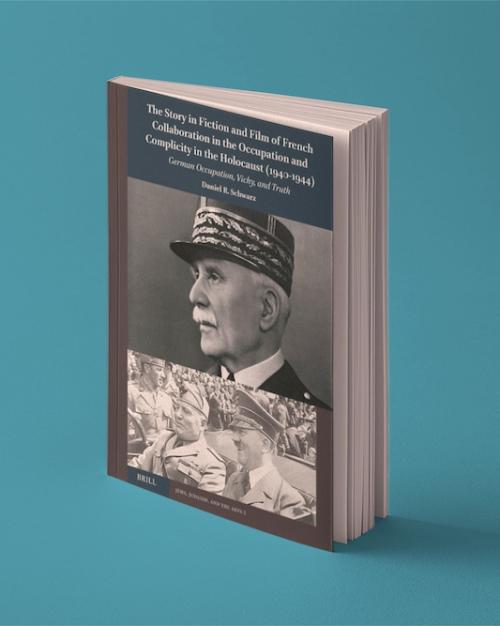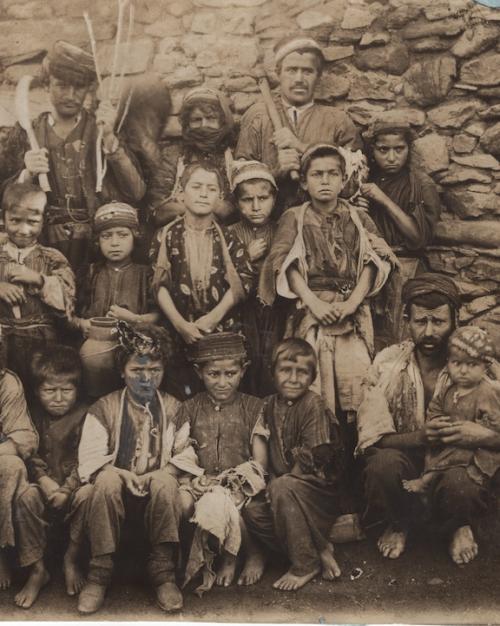The historical trajectories of ethnic cleansing in the 19th and early 20th centuries will be explored in this year’s Annual Armenian Genocide Commemoration lecture, given by Dr. Khatchig Mouradian. The lecture, “Ethnic Cleansing in the Long 19th Century: The Native American, Circassian, and Armenian Cases,” will be held on Thursday, April 24, at 4:30 p.m. in White Hall room 106.
“Cases of ethnic cleansing and genocide are often studied in historical isolation, yet Dr. Mouradian’s talk promises to illuminate how instances of forced displacement across world regions took shape out of related conditions of imperial decline and nation-state formation,” said Lori Khatchadourian, associate professor of Near Eastern studies and anthropology in the College of Arts and Sciences (A&S). “In comparing the ethnic cleansing of the Ottoman Armenians with the displacement of indigenous Americans and the Circassians of the Russian Empire, this talk by a leading historian of the Armenian genocide will reveal patterns and connections in the systematic removal of ethnic, racial or religious groups, and amplify the traumatic experience of displacement during the long 19th century.
“We are fortunate that Dr. Mouradian is giving this year’s Annual Armenian Genocide Commemoration Lecture at Cornell. It should be of great interest to students and faculty in Near Eastern studies and across the humanities and social sciences,” Khatchadourian said.
Mouradian is a lecturer in Middle Eastern, South Asian, and African studies at Columbia University, and the Armenian and Georgian specialist at the Library of Congress. He is also a lecturer at the University of Wisconsin – Milwaukee.
Mouradian is the author of the award-winning book “The Resistance Network: The Armenian Genocide and Humanitarianism in Ottoman Syria, 1915-1918” (2021). He is a co-editor of “After the Ottomans: Genocide’s Long Shadow and Armenian Resilience,” (2023) and “The I.B. Tauris Handbook of the Late Ottoman Empire: History and Legacy,” (forthcoming in 2025).
This lecture is sponsored by the Department of Near Eastern Studies with support from Mario Einaudi Center for International Studies and its Southwest Asia and North Africa (SWANA) initiative and the Department of History (A&S).
Ayla Hodges is an administrative assistant for the Department of Near Eastern Studies, Religious Studies Program and Jewish Studies.





